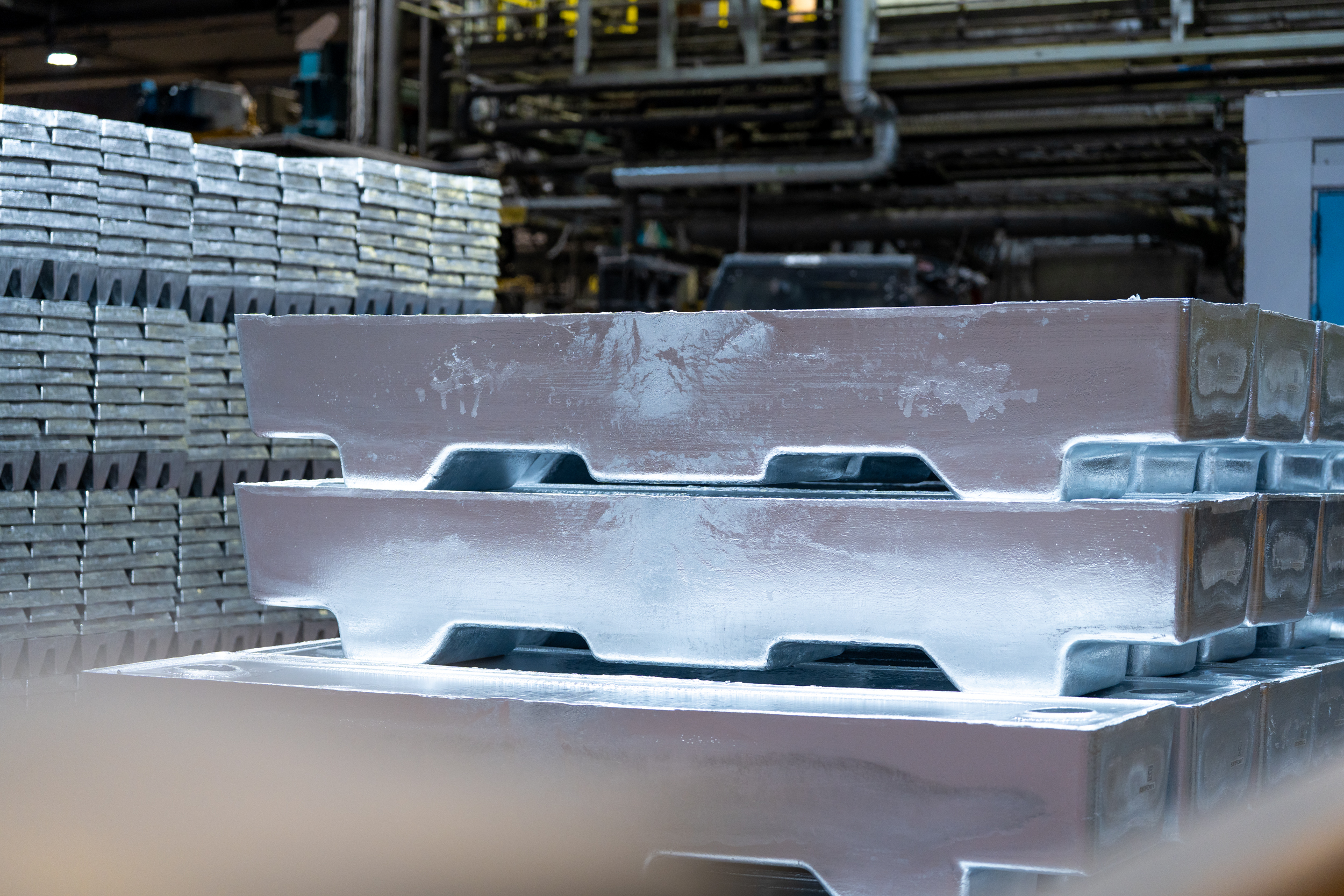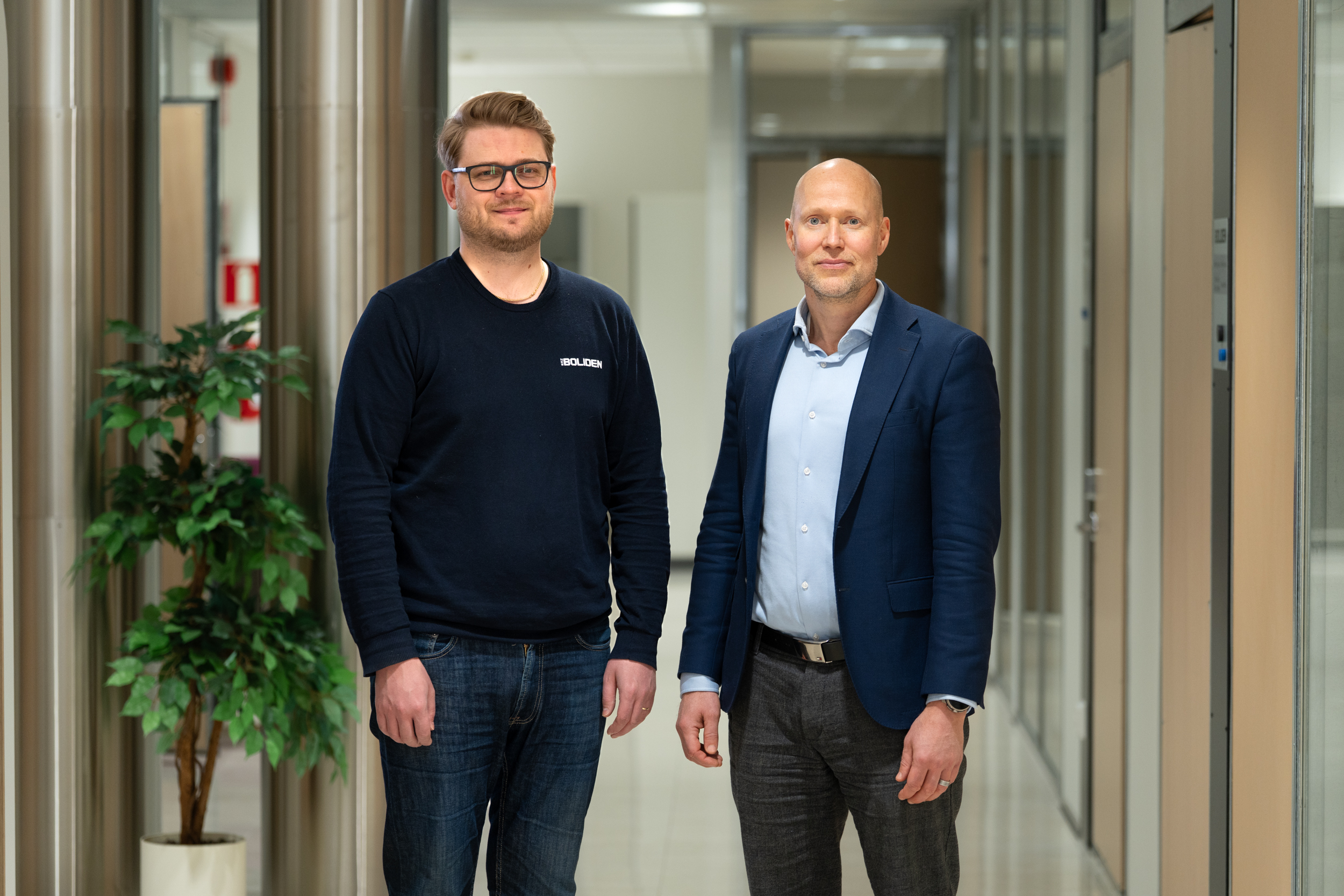How Boliden turns climate goals into reality – responsible procurement plays a key role

Boliden aims to be the world’s most climate-friendly metals producer. At the Kokkola zinc plant, emission reductions are being pursued, among other things, through transportation.
“We want to take responsibility for mitigating climate change and ensure that we operate in line with international climate goals. Procurement plays a very important role in this,” says Tuukka Farin, Head of Procurement Development at the Boliden Group.
Boliden has set ambitious climate targets aligned with the Paris Agreement. The international mining and smelting group aims to reduce its direct and indirect (Scope 1 and 2) carbon dioxide emissions by 42 percent from 2021 levels by 2030. This includes, for example, reducing emissions from the energy it uses.
The company also aims to reduce indirect emissions across the entire value chain — such as those from procurement and services (Scope 3) — by 30 percent.
“More than half of the Group’s emissions come from purchased materials, products, and services. That’s why we choose partners who act responsibly and contribute to achieving our climate goals,” Farin says.
To achieve impactful results, climate-saving measures are especially required from suppliers whose products or services have the greatest impact on carbon emissions. In practice, this means that starting in 2025, Boliden will require its 90 most significant suppliers to either commit to international climate goals or present a clear plan for reducing carbon emissions.
“We will also require more detailed and third-party verified emission calculations from our suppliers. The largest emissions are related to fuels, raw materials, and heavy machinery,” Farin continues.
Emission reductions from logistics in Kokkola
Each Boliden site has developed its own roadmap —a local plan for reducing carbon dioxide emissions. At Boliden Kokkola, the zinc production process is largely electrified and therefore inherently low-emission, but significant opportunities for emission reductions have been identified in areas such as on-site transport and logistics.
A major climate step was taken at the beginning of this year when contractors operating in the factory area began using renewable fuels under new procurement agreements.
“Renewable diesel significantly reduces the carbon footprint of excavators, trucks, and other heavy transport equipment. The electrification of contractors’ logistics equipment is also progressing, as internal combustion forklifts are being replaced with electric alternatives. The same development applies to our own forklifts,” says Jarmo Sillanpää, Environmental Manager at Boliden Kokkola.
Low-Carbon Zinc to the world
In global comparison, Boliden’s climate performance is already at a very high level. As proof, the Group has introduced a new product family during the 2020s, which includes Low-Carbon Zinc, Recycled Zinc based on recycled materials, and Low-Carbon Sulphuric Acid—all produced at the Kokkola plant.
These new brands supporting the green transition help Boliden’s customers achieve their sustainability goals and serve as a catalyst for the development of the entire industry in the long term.
“The carbon footprint of Boliden’s low-carbon zinc is less than one kilogram per kilogram of zinc produced, while the global average is about 3.5 kilograms. Our goal is for all our zinc to be low-carbon by 2030. Our sulphuric acid production is already entirely low-carbon,” Sillanpää says.
Finland’s rapid transition to green electricity supports climate efforts. In Finland, 95 percent of electricity production is already carbon-neutral.
“The majority of carbon dioxide emissions from zinc production are related to the electricity used. As the share of renewable energy in electricity production continues to grow, we can offer even more climate-friendly products to our customers and thus meet the demands of investors and society,” Sillanpää concludes.

